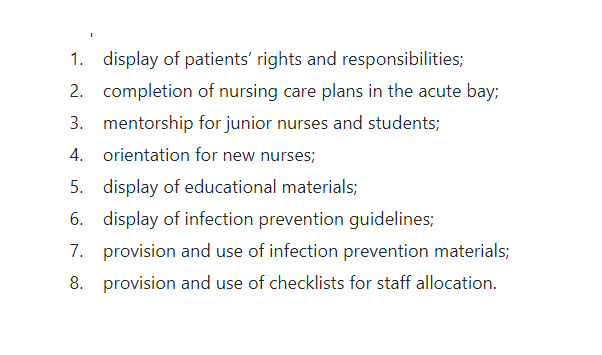
Read thread👇for an outline of an #EvidencetoImpact story for #WorldEBHCDay
@carrierjak @DeborahEdwards9
@carrierjak @DeborahEdwards9

In 2018 Dr Carrier of @cardiffuni & Dr Mukwato of Uni of Zambia secured Global Challenges Research Funding from Cardiff University to undertake a project to improve evidence-based critical nursing care in Zambia through co-design & quality improvement using the PDSA model’.
The aim of the study was to promote sustainable health and well-being of critically ill patients admitted to an acute care ward in the University Teaching Hospital (UTH), Zambia, through implementation of small #EBN care interventions, known as ‘hacks’. 

The 5-phase project commenced with a baseline audit of care (Phase 1). Phase 2 saw the audit results discussed at a collaborative workshop to share baseline information and agree on potential interventions, or hacks. 

In Phase 3 Dr Carrier and Deborah Edwards completed rapid evidence reviews for the hacks. The 4 hacks were divided into 12 sub-areas (audit criteria) for implementation of evidence-based practice.
During Phase 4 the hacks were introduced to the ward area. An orientation seminar was held to introduce the planned changes and the project team provided ongoing support. Phase 5 comprised post-implementation audit. 

Read the full story #EvidencetoImpact story at worldebhcday.org/stories/story?…
@carrierjak @DeborahEdwards9 #WorldEBHCDay
@carrierjak @DeborahEdwards9 #WorldEBHCDay

• • •
Missing some Tweet in this thread? You can try to
force a refresh













